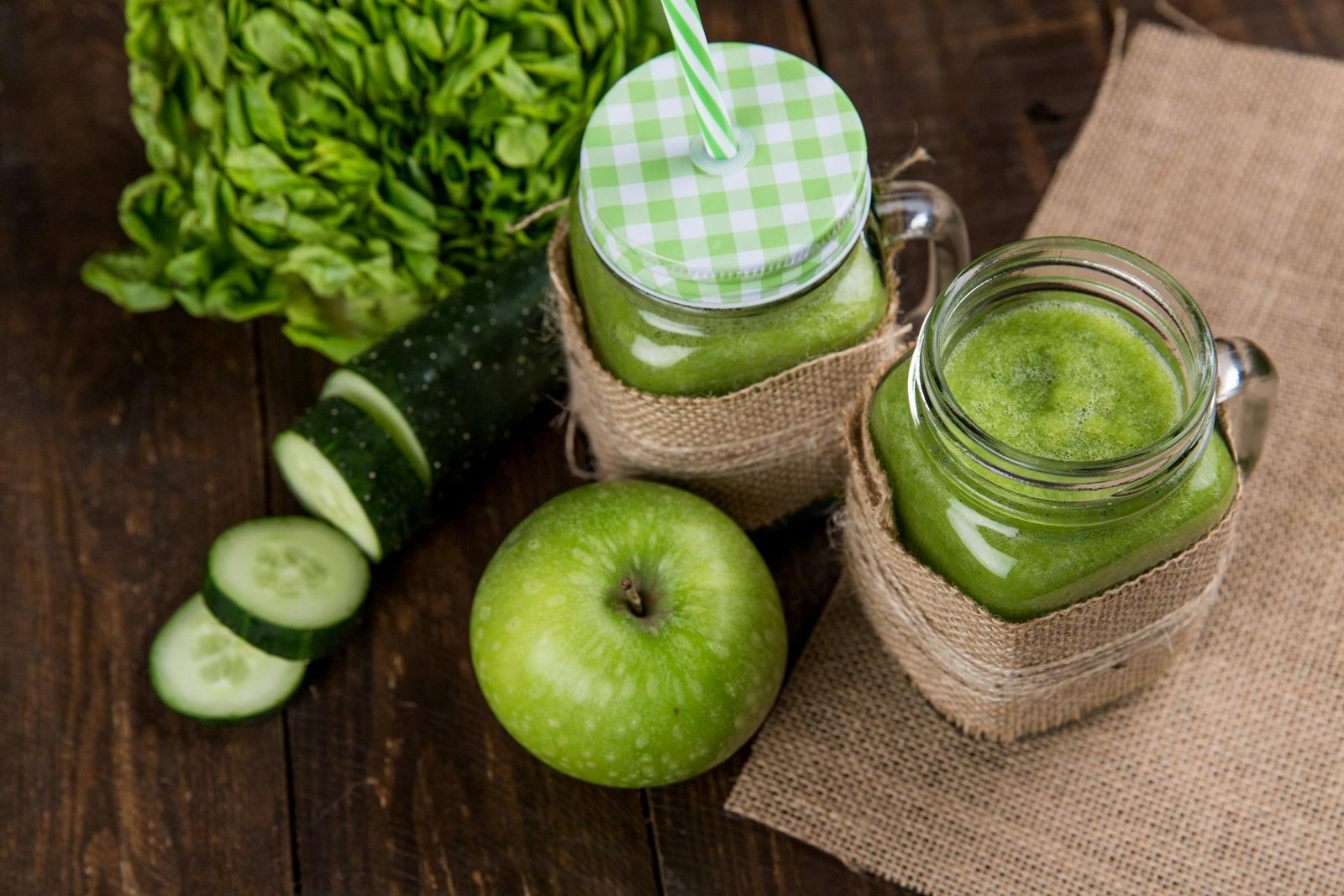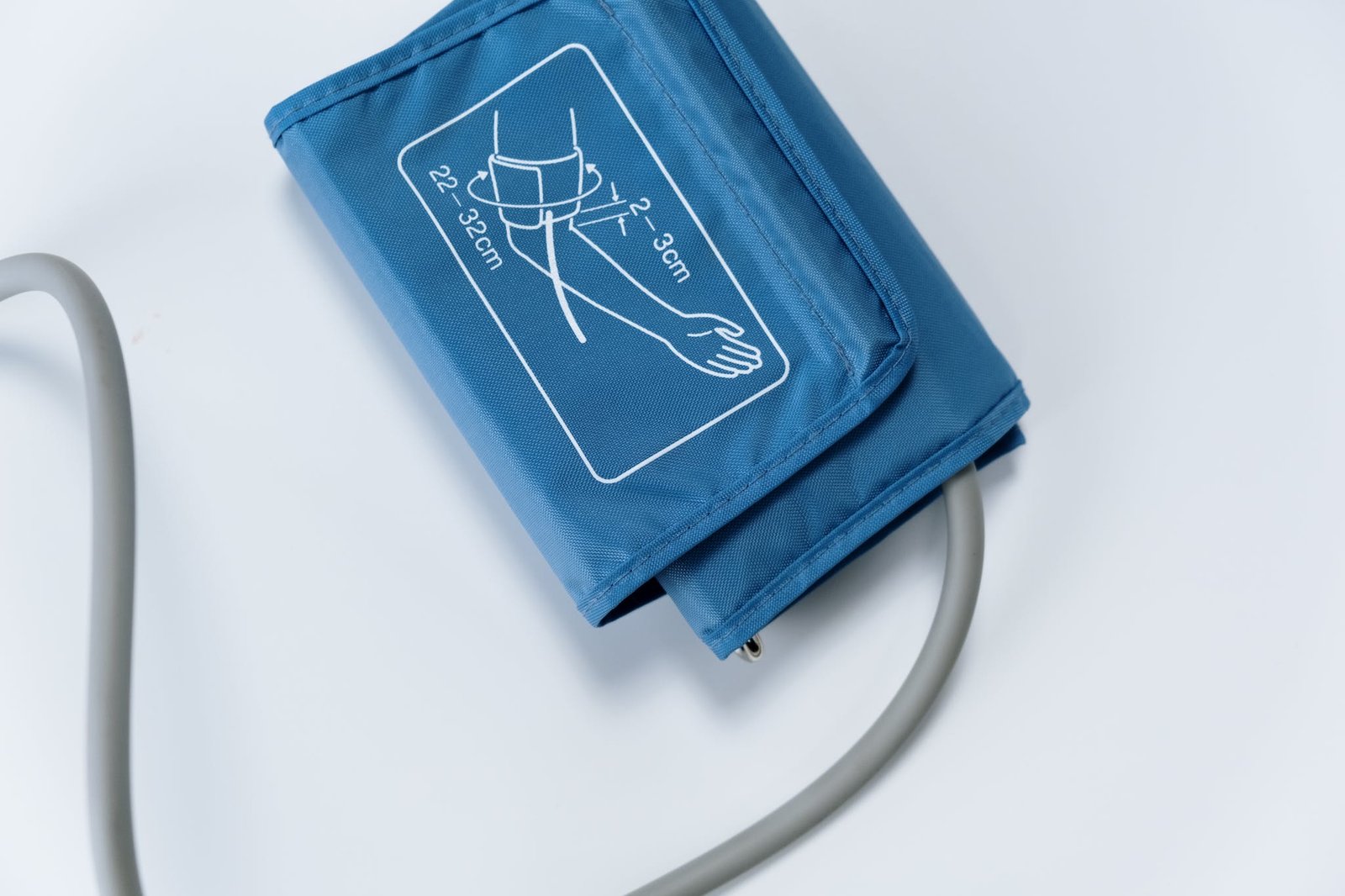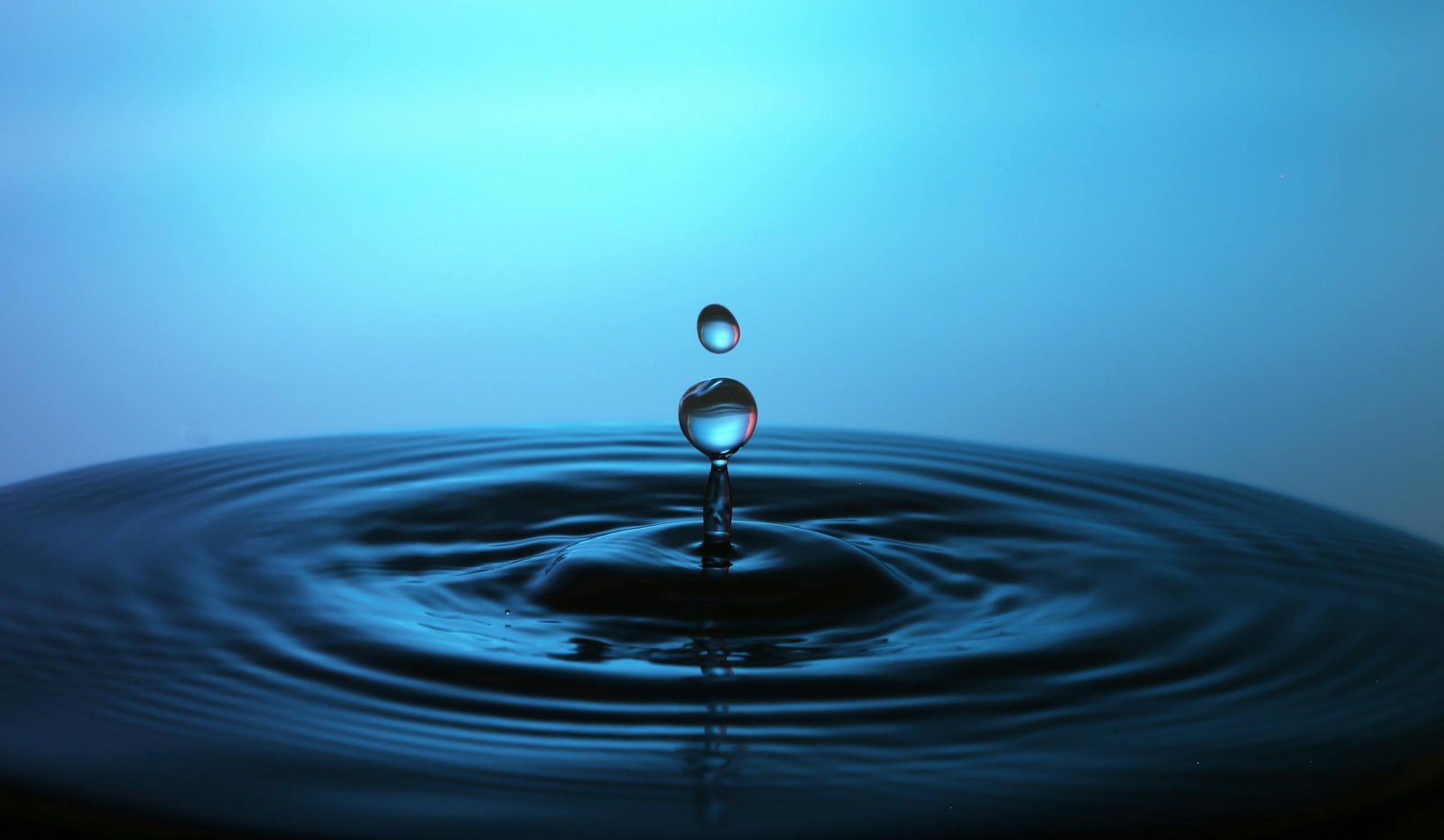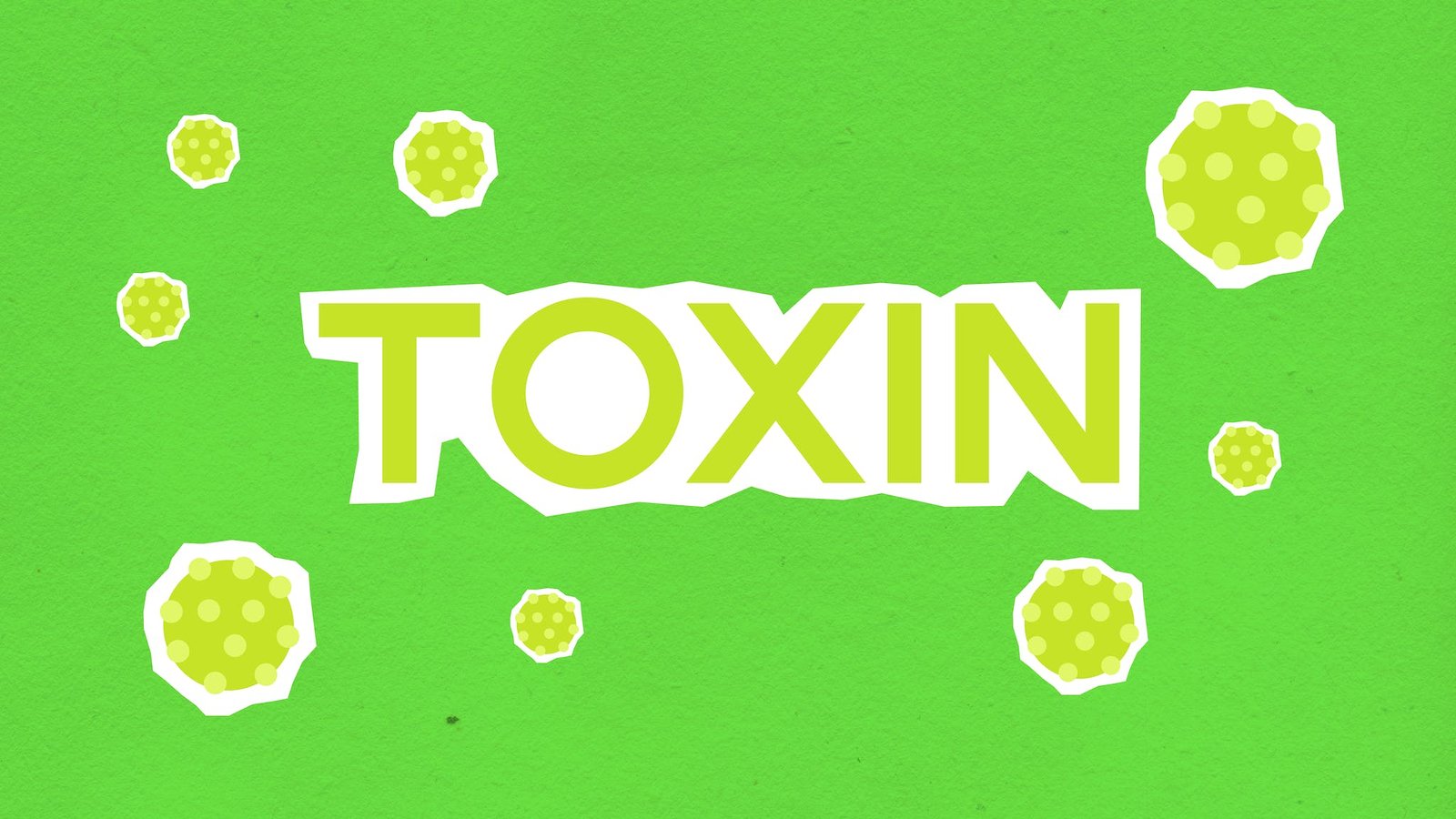How Your Kidneys Depend on Water to Function
There are some affiliate links below, but they are all products I highly recommend. For more info, view my disclosure here.
Did you know that your kidneys rely on water to function properly? Water plays a crucial role in their ability to filter waste, maintain electrolyte balance, and regulate blood pressure.
Staying hydrated is essential for the health of your kidneys. We will explore how water impacts kidney function and provide tips on ensuring you are getting enough water for optimal kidney health.
The Role of Water in Kidney Function
You rely on water to keep your kidneys functioning properly. Water plays a vital role in maintaining the health and functionality of your kidneys. Your kidneys are responsible for filtering waste products, toxins, and excess fluids from your bloodstream, and water is essential for this process.
When you drink water, it helps to dilute the substances in your urine, preventing the formation of kidney stones and other potential complications. Water helps to maintain the balance of electrolytes in your body, which is crucial for kidney function. It ensures that your kidneys can effectively regulate blood pressure, maintain proper pH levels, and support the production of red blood cells.
Without adequate water intake, your kidneys can become overworked and strained, leading to various kidney problems such as dehydration, urinary tract infections, and even kidney failure. Therefore, it’s essential to drink enough water throughout the day to support your kidney health. Aim for at least eight glasses of water daily, and if you engage in strenuous activities or live in a hot climate, increase your water intake accordingly.
How Water Helps With Waste Filtration
Drinking enough water is crucial for the filtration of waste by your kidneys. Your kidneys play a vital role in filtering waste products and toxins from your body. They rely on water to perform this essential function effectively.
When you drink an adequate amount of water, it helps to maintain the balance of fluids in your body, ensuring that your kidneys have enough fluid to filter and eliminate waste.
Water acts as a natural solvent, dissolving waste materials and allowing them to be easily eliminated through urine. It also helps to flush out toxins and prevent the formation of kidney stones.
Without enough water, waste products can build up in your kidneys, leading to various kidney problems such as urinary tract infections or even kidney failure.
So, it’s important to stay hydrated and drink enough water throughout the day to support optimal kidney function. Aim to drink at least 8 cups (64 ounces) of water daily, and remember that other fluids and foods with high water content can also contribute to your overall hydration.
Take care of your kidneys by giving them the water they need to filter waste effectively.
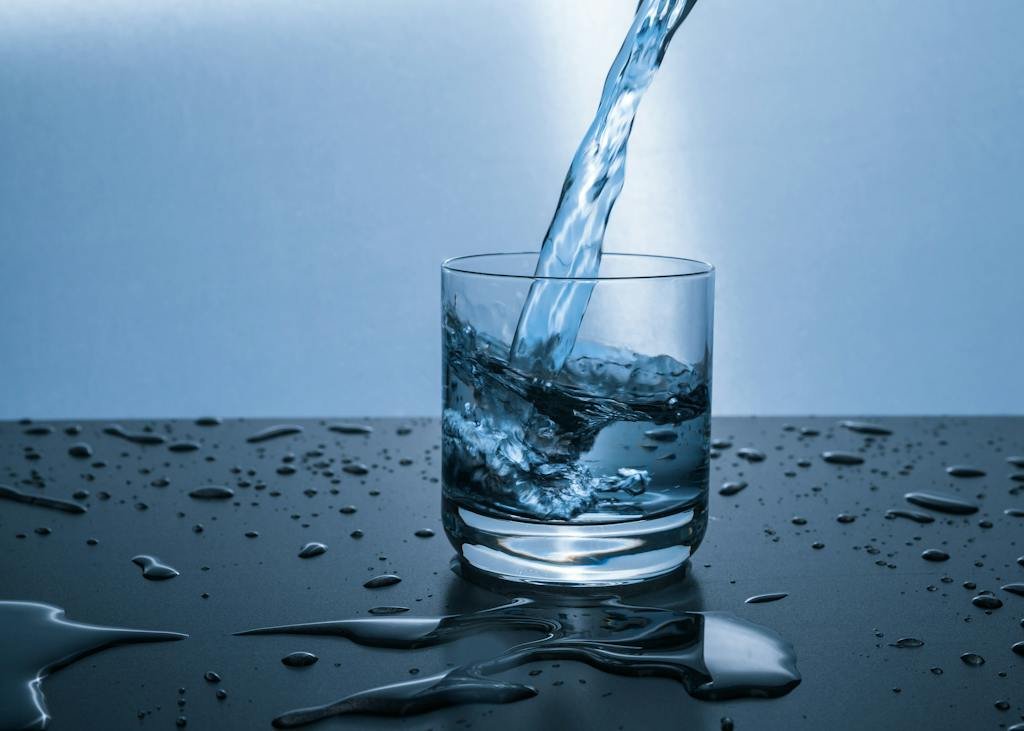
Maintaining Electrolyte Balance With Water
To maintain electrolyte balance, it’s important to ensure you’re adequately hydrating throughout the day. Electrolytes are essential minerals, such as sodium, potassium, and chloride, that help regulate various bodily functions. When you sweat, urinate, or even breathe, you lose electrolytes. Replenishing them is crucial for your body to function optimally. Water plays a key role in this process.
When you drink water, it helps distribute electrolytes throughout your body. This allows your cells to communicate effectively and maintain the right balance of fluids. Water also aids in the transportation of nutrients and waste products, ensuring that your cells receive what they need and get rid of what they don’t.
Moreover, staying hydrated helps prevent electrolyte imbalances, which can lead to muscle cramps, fatigue, and even more serious health issues. By regularly consuming water, you provide your kidneys with the necessary fluid to filter and excrete waste products, while also maintaining proper electrolyte levels.
Remember to listen to your body’s signals and drink water when you’re thirsty. If you engage in physical activity or spend time in hot environments, it’s crucial to increase your fluid intake. By keeping yourself well-hydrated, you support your kidneys’ ability to maintain electrolyte balance, promoting overall health and well-being.
Water’s Impact on Blood Pressure Regulation
Maintaining a healthy fluid balance in your body is crucial for regulating blood pressure. Your kidneys play a vital role in this process, as they rely on water to function effectively. When you consume an adequate amount of water, your kidneys can efficiently filter waste products and toxins from your blood, ensuring that your blood pressure remains within a normal range.
Water acts as a natural diuretic, helping your kidneys remove excess sodium and waste products from your body through urine. By doing so, water helps to lower your blood volume, which in turn reduces the pressure on your blood vessels. This helps to prevent the development of high blood pressure and reduces the risk of cardiovascular diseases.
Furthermore, staying hydrated helps to improve your blood circulation. When you’re dehydrated, your blood becomes thicker and more viscous, increasing the resistance within your blood vessels. This can lead to higher blood pressure levels and strain on your heart. By drinking enough water, you can maintain proper blood viscosity, allowing your blood to flow smoothly and reducing the workload on your cardiovascular system.
The Importance of Hydration for Healthy Kidneys
Staying hydrated is crucial for supporting the health of your kidneys. Your kidneys play a vital role in filtering waste from your blood and maintaining the balance of fluid and electrolytes in your body. When you’re dehydrated, your kidneys have to work harder to perform their functions, which can put a strain on these important organs.
When you drink enough water, it helps to flush out toxins and waste products from your kidneys. Water also helps to dilute urine, reducing the risk of kidney stones and urinary tract infections. Adequate hydration promotes proper blood flow to the kidneys, ensuring that they receive the oxygen and nutrients they need to function optimally.
Dehydration, on the other hand, can lead to a variety of kidney problems. It can increase your risk of developing kidney stones, as the concentrated urine can cause minerals and salts to crystallize. Dehydration can also contribute to the formation of urinary tract infections, as it reduces the body’s ability to flush out bacteria from the urinary system.
To maintain healthy kidneys, it’s important to drink enough water throughout the day. The general recommendation is to drink at least eight 8-ounce glasses of water per day, but individual needs may vary depending on factors such as physical activity level and climate. So, make sure you listen to your body and stay properly hydrated to support the health of your kidneys.
Tips for Ensuring Adequate Water Intake for Kidney Health
Now that you understand the importance of hydration for your kidneys, let’s dive into some practical tips to ensure you’re getting enough water for optimal kidney health.
Make it a habit to carry a water bottle with you wherever you go. This will serve as a constant reminder to drink water throughout the day. Aim to drink at least 8-10 glasses of water every day, or more if you’re physically active or in hot weather.
Another helpful tip is to infuse your water with fruits like lemon, cucumber, or berries. Not only will this add flavor, but it will also provide additional nutrients. You can also try drinking herbal teas or flavored water to mix things up.
If you struggle to remember to drink water, set reminders on your phone or use apps that track your water intake. These tools can help you stay accountable and ensure you’re meeting your daily water goals.
Lastly, try to limit your intake of sugary drinks and caffeinated beverages, as they can dehydrate you. Opt for water as your primary source of hydration, and if you do indulge in other drinks, make sure to balance it out with extra water.



